The following basic science and clinical research facilities offer shared core resources and services that can be accessed by any University investigator on a fee-for-service or collaborative basis. In addition, our department is well-equipped with state-of-the-art research facilities and equipment, covering a vast array of techniques.
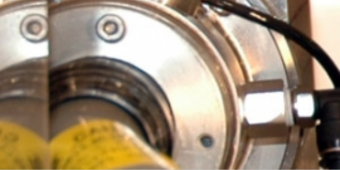
CBI provides centralized imaging services including light fluorescent microscopy, confocal laser scanning, electron microscopy, advanced computer aided morphometry, and image analysis.

The Pitt Center for Research Computing and Data (CRCD) plays a vital role in advancing leading-edge research. The CRCD, formerly the Center for Simulation and Modeling, is singularly focused on increasing the productivity of Pitt researchers through the application of advanced computing. In addition to supporting research in fields such as engineering, chemistry and genomics, Pitt CRCD—a unique resource for the entire University community—now adds value to work in biostatistics, economics, and linguistics, among many other areas.
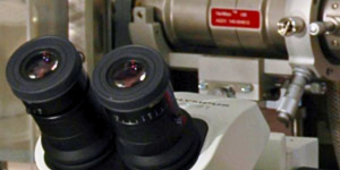
CTSI’s primary focus is developing, nurturing, and supporting a cadre of clinical and translational scientists as they navigate the increasingly complex research system.
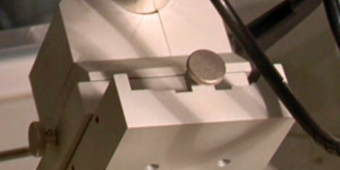
DLAR facilitates research using animals through quality services and support.

The University of Pittsburgh Drug Discovery Institute (UPDDI) is a centralized facility and core staff with a combination of academic and industrial experience to help collaborators translate outstanding basic science into drug discovery programs.

EDC provides a research environment in which complex health questions can be explored and answered using the combined tools of biology and statistics and collaborates with clinical researchers to design, conduct, and analyze multi-center randomized clinical trials and epidemiologic studies. The center develops and refines data collection, data management, computing, and statistical methods, with the ultimate goal of advancing treatment and prevention of disease.
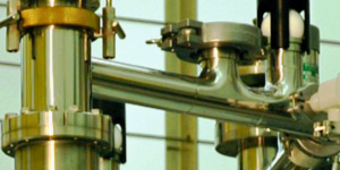
The FIRP, a joint facility of the University of Pittsburgh and UPMC, allows researchers to make full use of two powerful imaging modalities: positron emission tomography (PET) and magnetic resonance (MR) imaging.

HSCRF include scientists and technicians who provide expert advice for study design,and standard and custom applications and help investigators take their project aims from conception to data production. Resources encompass fields such as biomedical mass spectrometry, genomics analysis, genomics research, metabolomics and lipidomics, sequencing, peptide and peptoid synthesis, biospecimen and histology services, and small molecule drug and biomarker concentrations.
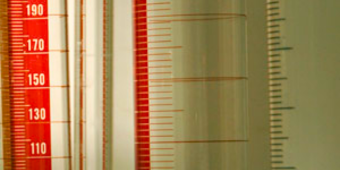
Staff at the University of Pittsburgh Cancer Institute Luminex Core Facility is familiar with many Luminex protocols and offers researchers accurate, reliable, and reproducible processing and analysis services.
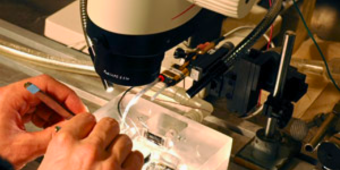
The Microscopy and Imaging Facility of the Department of Biological Sciences is devoted to light and electron microscopy techniques in cell and developmental biology and digital and photographic rendering of biological images.

PSC provides university, government, and industrial researchers with access to several of the most powerful systems for high-performance computing, communications and data-handling available to scientists and engineers nationwide for unclassified research.

The RBAC facilitates characterization of the behavioral phenotype of rat and mouse models studied by investigators throughout the University of Pittsburgh and its affiliated centers, institutes, and hospitals.
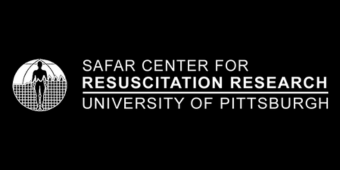
SCRR has animal laboratories, animal ICU facilities, and surgery rooms with appropriate equipment and set ups for studies on brain trauma, hemorrhagic shock, cardiac arrest, emergency preservation and resuscitation, and combat casualty care and rehabilitation of central nervous system injury..
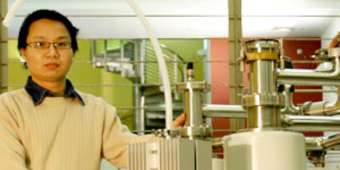
The Department of Structural Biology’s NMR facility houses a complement of high field spectrometers that occupy ~10,000 square feet in University’s Biomedical Science Tower 3.

